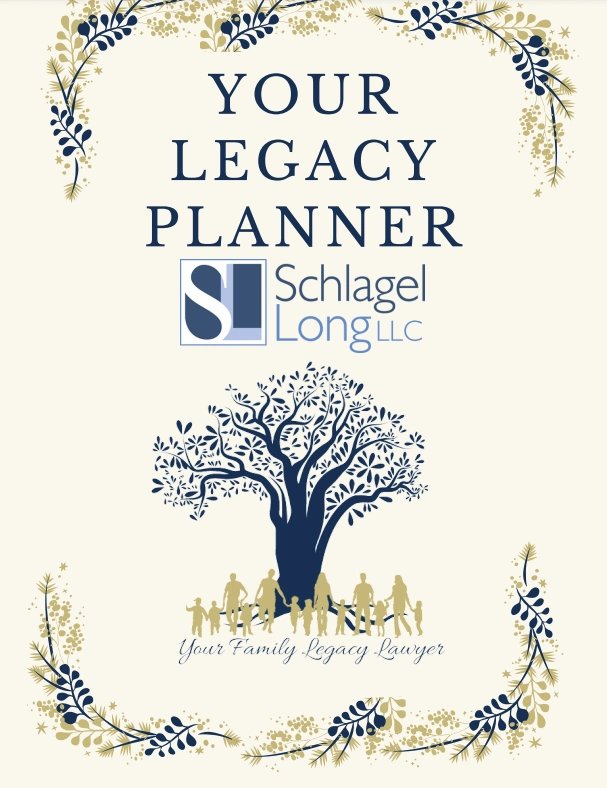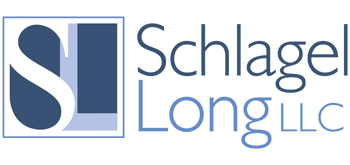There Is a Difference Between Probate and Trust Administration
Understanding the Key Differences Between Probate and Trust Administration
“Probate and trust administration are not the same. There are important differences and similarities between administering a decedent’s probate estate and administering a decedent’s trust estate.”
Many people get these two things confused. A recent article, “Appreciating the differences between probate and trust administration,” from Lake County News clarifies the distinctions.
Privacy and Public Access to Documents
In the probate process, the last will and testament and any documents in the court file are available to the public. While the general public may not have any specific interest in your will, estranged relatives, relatives you never knew you had, creditors and scammers have easy and completely legal access to this information.
If there is no will, the court documents that are created in intestacy (the heirs inherit according to state law), are also available to anyone who wants to see them.
Cost Differences Between Probate and Trust Administration
Court Involvement and Associated Fees
Similarities Between Probate and Trust Administration Processes
Collecting, Safeguarding, and Inventorying Assets
For trust administration, the trustee and the estate planning attorney are typically paid on an hourly basis, or however the attorney sets their fee structure. Expenses are likely to be far lower, since there is no court involvement.
There are similarities between probate and trust administration. Both require that the decedent’s assets be collected, safeguarded, inventoried and appraised for tax and/or distribution purposes.
Notifying Creditors and Paying Debts
Tax Obligations and Distribution to Beneficiaries
Benefits of Trusts in Estate Planning
Minimizing Taxes and Controlling Asset Distribution
Legal Competency Requirements for Trusts and Wills
Mental Comprehension for Executing a Trust vs. a Will

Estate Planning Legacy Planner
Everyday, we work with people who have lost someone they care about. There is so much these folks have to organize and manage. This planner organizes the information they will most need, in our experience, saving so much time and unnecessary cost. Besides organizing your information, it's so important to have a good estate plan that will keep your family out of court and conflict.
Please use the button below to receive a free copy of our Estate Planning Legacy Planner, an organization tool essential to any estate plan designed to help your loved ones take care of you and handle your affairs.
